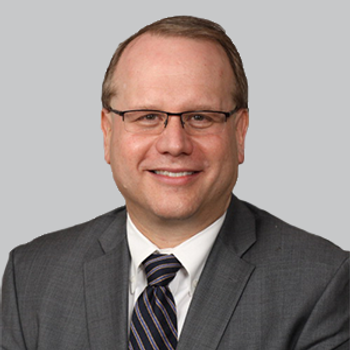
Patients who had higher baseline REM without atonia levels were associated with the largest treatment effects on RSWA with a single 50 mg dose of ulotaront.

Patients who had higher baseline REM without atonia levels were associated with the largest treatment effects on RSWA with a single 50 mg dose of ulotaront.
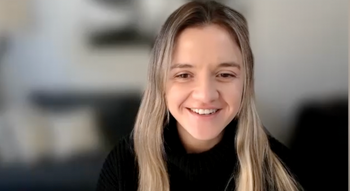
At the 2022 AES Conference, the scientific researcher and clinical manager at the Icahn School of Medicine at Mount Sinai talked on seizure management with medication in poststroke patients. [WATCH TIME: 3 minutes]

Test your neurology knowledge with NeurologyLive®'s weekly quiz series, featuring questions on a variety of clinical and historical neurology topics. This week's topic is neuromuscular disorders.

Susan Abushakra, MD, chief medical officer at Alzheon, provided insight on findings from a phase 2 study in which ALZ-801 showed beneficial effects on cognition, Aß 42/40, and brain atrophy.
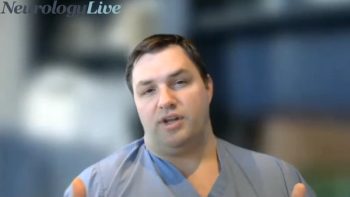
The neurosurgeon at Allegheny Health Network detailed the potential for robotics in neurosurgery over the coming years, and the vast improvements in comfortability during these procedures. [WATCH TIME: 3 minutes]
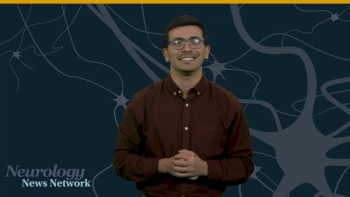
Neurology News Network for the week ending January 14, 2022. [WATCH TIME: 4 minutes]

Sharon Cohen, MD, FRCPC, offered her insight on the significance of the lecanemab approval and what it means for patients with Alzheimer disease.

Take 5 minutes to catch up on NeurologyLive®'s highlights from the week ending January 13, 2023.

Not previously explored, new findings showed links between antiseizure drug prescriptions and incident PD, with trends towards increased risk in those with greater number of prescription issues and multiple AEDs.
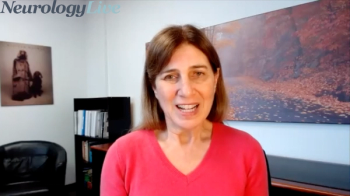
The behavioral neurologist and medical director of the Toronto Memory Program provided perspective on the steps the general public can take toward reducing the risk of Alzheimer disease and initiating treatment early when needed. [WATCH TIME: 4 minutes]

Mind Moments®, a podcast from NeurologyLive®, brings you an exclusive interview with Sarah Boyce. [LISTEN TIME: 21 minutes]

In preclinical animal models, NRL-1049 showed an ability to decrease ROCK-2 activation, a pathway that is hyperactivated in patients with cerebral cavernous malformations.
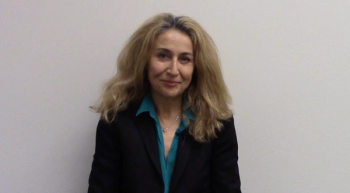
The associate professor at Harvard Medical School and neurologist at the Brigham and Women's Hospital shared the current research on rapid eye movement in sleep and seizures. [WATCH TIME: 3 minutes]

The trial found no evidence of any clinically relevant benefit from the CHESS intervention across multiple outcomes at multiple time points, nor in any sensitivity or subgroup analyses.
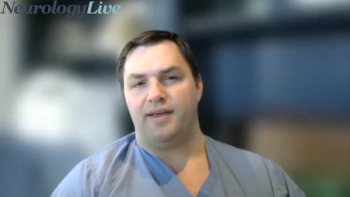
The neurosurgeon at Allegheny Health Network provided background on a new, state-of-the-art tool designed to ultimately improve neurosurgical procedures. [WATCH TIME: 3 minutes]

DaxibotulinumtoxinA, the first and only peptide formulated neuromodulator, has been shown to be safe and well tolerated in doses of 125 and 250 units, with clinically meaningful effect observed by both patients and clinicians.

Ryan Case, PhD, head of clinical medical affairs at NeuroDerm, spoke about the main findings from the phase 3 BouNDless trial of ND0612 for Parkinson disease.

The assistant professor of neurology at the University of Virginia spoke at the 2022 AES Conference about clinical outcomes of patients with dementia who experience seizures. [WATCH TIME: 5 minutes]
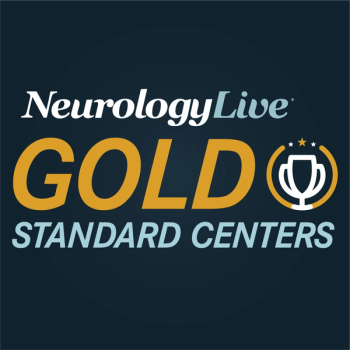
The virtual care program built by The Ohio State University Wexner Medical Center allows for expanded access to patient care in rural areas, improved decision-making, and hands-on experience for young neurologists.

The scientific researcher and clinical manager at the Icahn School of Medicine at Mount Sinai, spoke about a talk given at the 2022 AES conference on seizures after ischemic. [WATCH TIME: 5 minutes]

The president and chief executive officer of INmune bio provided perspective on the need to diversify the Alzheimer treatment landscape and the potential role of TNF inhibitors like XPro1595.
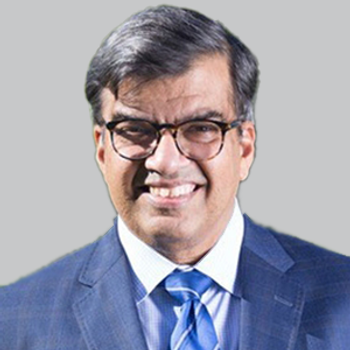
Angela Lek, PhD, and Tahseen Mozaffar, MD, offered their insight into myositis and the clinical needs for the population, ahead of a focused session on it, chaired by Mozzafar at the MDA’s Clinical & Scientific Conference.

A rare case of neuromyelitis optica was reported with a woman aged in her 70s from Iran who experienced neurological symptoms after COVID-19 vaccination.
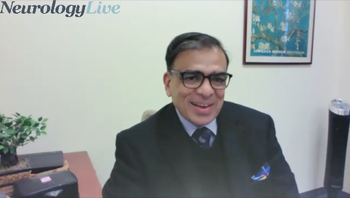
The director of the Montefiore Einstein Center for the Aging Brain provided insight on how the 5-Cog assessment tool is specifically tailored for people from a range of racial and ethnic background, education levels, and socioeconomic circumstances. [WATCH TIME: 4 minutes]

In addition to improving ON time in patients with Parkinson disease, ND0612 was well tolerated, with only 6.3% of patients randomized to the treatment discontinuing the trial.
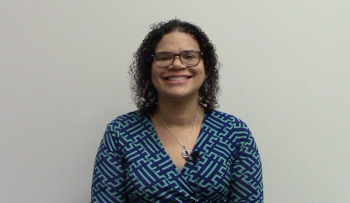
The assistant professor in the Department of Neurology at the University of Wisconsin spoke about the differences between health disparities and health equity in epilepsy care at the 2022 AES Conference. [WATCH TIME: 3 minutes]

A questionnaire showed that adolescents with narcolepsy and parents prefer to receive details on narcolepsy at the time of diagnosis from a healthcare provider.

A population-based incident of Parkinson disease cases showed patients were more likely to develop PD dementia in 10 years with a lower level of lysosomal enzyme glucocerebrosidase activity.

Mind Moments®, a podcast from NeurologyLive®, brings you an exclusive interview with Sharon Cohen, MD, FRCPC. [LISTEN TIME: 14 minutes]
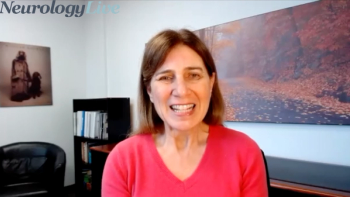
The behavioral neurologist and medical director of the Toronto Memory Program provided perspective on how lecanemab’s FDA approval changes the capabilities of treating Alzheimer disease in its earliest stages. [WATCH TIME: 3 minutes]